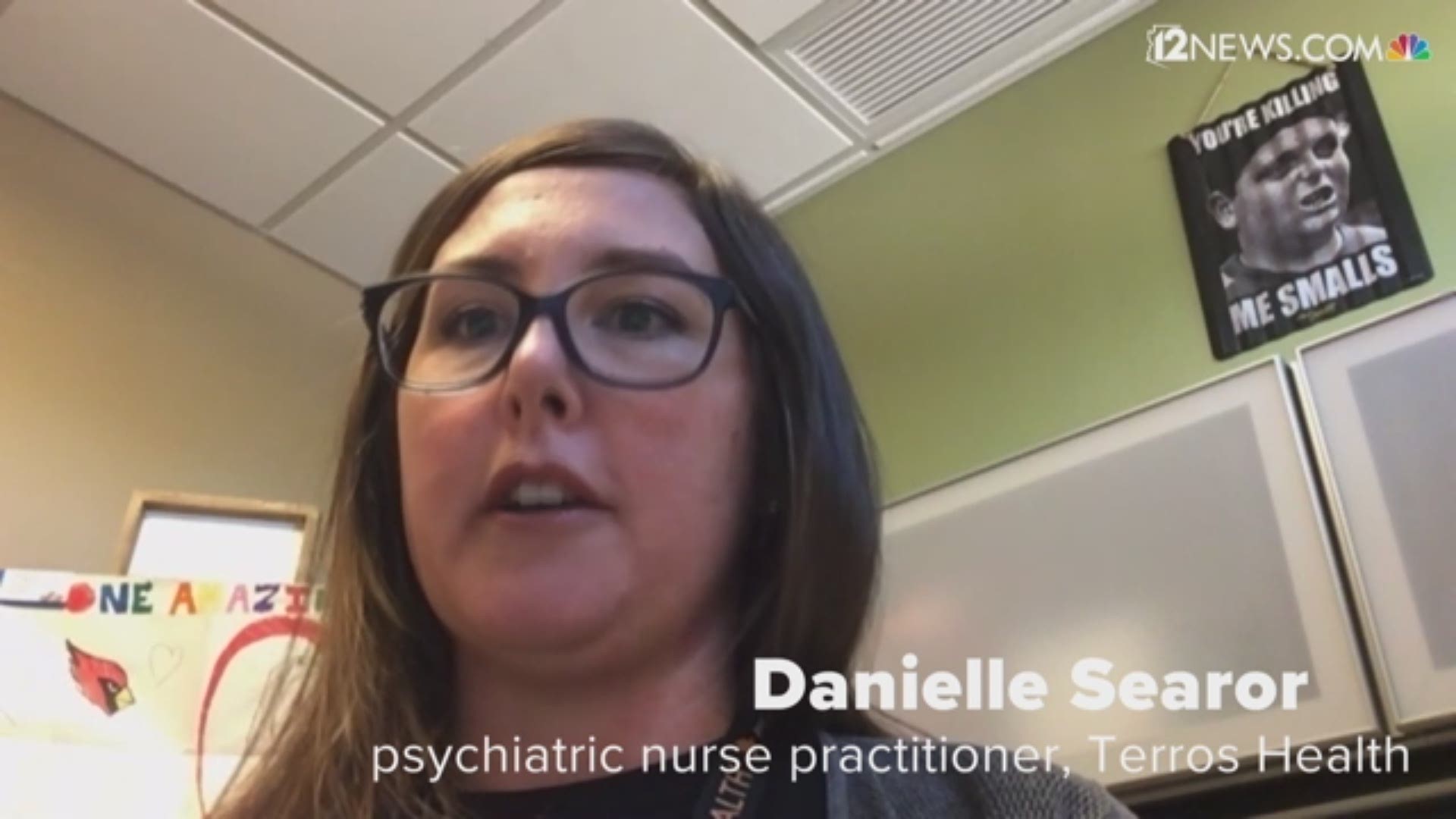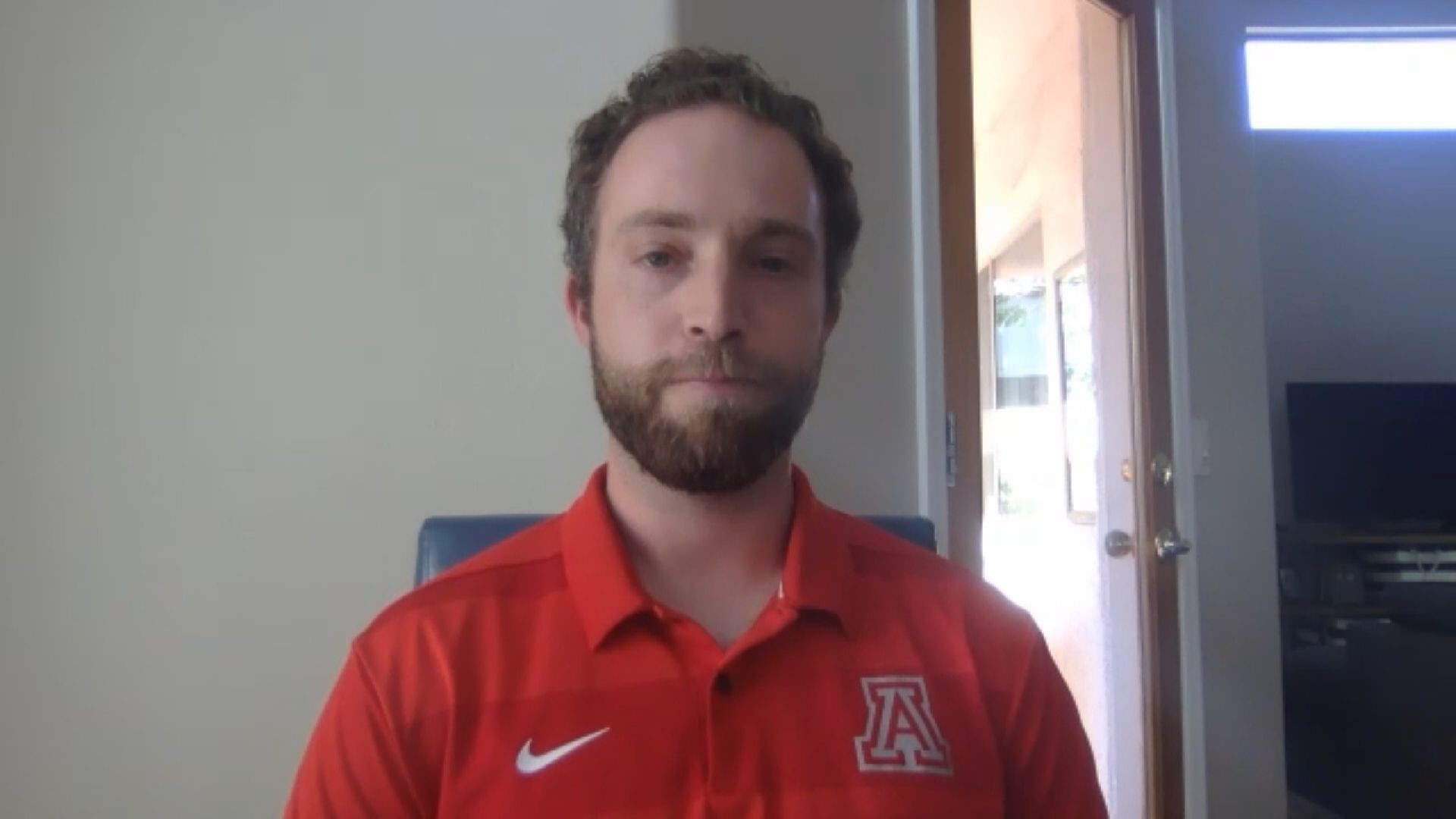PHOENIX —
Editor's Note: The above video is from previous coverage of how to deal with anxiety during the coronavirus pandemic.
Catching some Z’s might be more difficult right now as we face challenging times due to the coronavirus pandemic.
Our world has been turned upside down and many people are facing stressors like health concerns, financial insecurity and an overall uncertainty of what the future holds.
Associate professor at the University of Arizona Patricia Haynes is a licensed clinical psychologist with an expertise in sleep psychology, depression and anxiety. She says these stressful situations could have a serious impact on people’s sleep and health.
“There are stressors on every level. When we lose sleep, that causes a very stressful reaction to the body and when we go through stress, we lose sleep or good sleep quality,” Haynes said.
To help us rest a little easier Haynes shared some professional advice.
Try not to rock your body clock
Many of our schedules may be out of whack right now for a lot of different reasons, but maintaining a consistent time to wake up and go to bed will help keep your body clock running smoothly.
“It sets our body clock because when we wake up in the morning, we get exposed to light first thing and that’s a really good way that we time our body clock,” Haynes said.
Haynes suggests trying to stick to a routine.
“It helps set a good expectation for our body and it helps by doing that we get into these nice rhythms which can make sure our sleep is facilitated” Haynes explained.
Put your worries to rest
Do you have something on your mind that is keeping you up at night? You are not alone. Haynes says many people have trouble sleeping because they are worrying about a problem.
“One of the things that our mind does when we are going through stress is we try to find solutions to our problems,” Haynes said.
Haynes says try jotting down your issue and potential solutions. Having a plan of action to solve your problem or even realizing you may not be able to solve the issue could give you some relief.
You also should try doing your problem solving outside of bed.
“When we do it in bed, we develop an association between the bed and problems, trying to find solutions to those problems which later on causes difficulties in our ability to let go,” Haynes said.
The Z’s are hard to catch
Another caveat sleep experts have found is it is difficult to make yourself go to sleep.
“The more we try to sleep, the less likely we are to do that. Sleep is one of the few things that we try harder to do the less it’s likely to work,” Haynes explained.
Tired? There’s an app for that.
Haynes says there is nothing wrong with getting a little help to fall asleep. You could try using a phone app for sleep.
Some highly reviewed apps in the Apple Store include Sleep by Bending Spoons Apps IVS, Sleep with Me by Aliaksandr Haranovich and Sleep Sounds by Sleep Pillow.
Help is out there
And if you are struggling with mental health issues associated with sleeping or any other anxieties, there are options to speak with a mental health professional over the phone, text or video chat.
Mental health resources
RELATED: Operation check-in: Wounded Warrior Project calling 20,000 veterans during coronavirus pandemic


